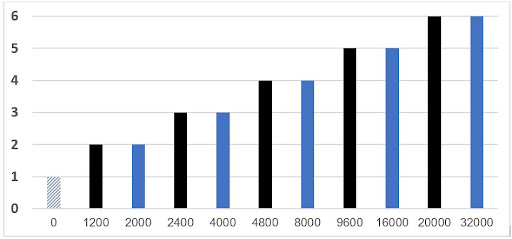OSR and grief
An acolyte Orderic, traveled from Brinewell to Hallownaughtling to press the priestess Erren for help with giant bees. In a solo game, Orderic aided a dying fisherman, named his lost friend's grave, then found the priestess.
***
Orderic's time with the dying fisherman was a scene straight from George Crabbe's poem, Peter Grimes (1811). The fisher 'spoke at times / as one alluding to his fears and crimes.' Orderic took-in the dying man's rhymes:
No living being had I lately seen;
….I fix’d my eyes
On the midstream and saw the spirits rise,
I saw my father on the water stand,
And there they glided ghastly on the top
Of the salt flood, and never touch’d a drop:
I would have struck them, but they knew th’intent,
And smiled upon the oar, and down they went.
Dying Peter cried, 'Again they come.' Awed, Orderic accepted the villager's tea, blessed them, and traveled further south.
***
Reaching his lost friend Shaky's grave, Orderic found shadows in wave on wave. He cast down elkhorn beads and, turning them, cried:
We pay your tomb rights due.
This tomb will bear the name Shaky Cat Hill,
Now and always.
As light returned, tearful Orderic prayed. 'Have mercy, and save us from despair.'
***
That afternoon, Orderic found a hidden boat and rowed the long oars over a channel to the priestess Erren. At her glance, Orderic sat, overlooking the sea.
Orderic urged the priestess to return. In the language of their teachers, he started, 'Opus fervent...' and the remembering priestess Erren responded, "redolentque thymos fragrantia mella."
Together they journeyed north to Brinewell.
***
Orderic's prayer to turn the shadows is adapted from verses in The Aeneid (~19 BCE), translated by Robert Fagles. Orderic and Erren's verse is from Virgil's Georgics (29 BCE), which, translated by Fairclough, reads, "All aglow is the work, and the fragrant honey is sweet with thyme."
Thanks for reading!





Is the last line related to related to bees?
ReplyDeleteYes it is related to bees. The passage in Latin is from Book IV in Virgil's "Georgics" in which the poet sings about care of bees. The line "all aglow is the work" refers to the beehive, flourishing with the work of bees, and their honey.
Delete